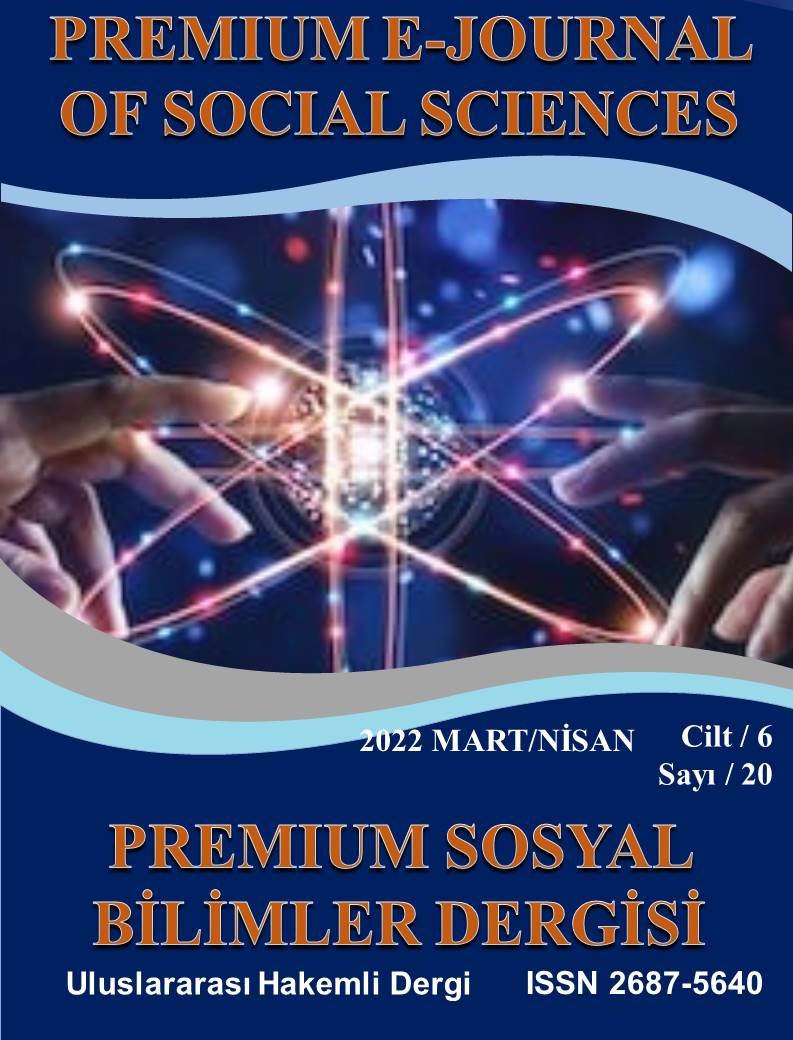INDIVIDUAL CHARACTERISTICS' ROLE OF ACCOUNTING PROFESSIONALS IN THE FORMATION OF CORPORATE REPUTATION: THE CASE OF STANBUL
DOI:
https://doi.org/10.37242/pejoss.2231Keywords:
Rural, Employment, Unemployment, Agriculture, EconomyAbstract
Corporate reputation consists of processes and value judgments about what businesses will do and what they will not do, and how they will behave in what situations. The stable development of the behavior of the enterprises in a way that will ensure the appreciation of the stakeholders increases the corporate reputation of the enterprises. Although corporate reputation is the result of past activities, it significantly affects the future of businesses. Therefore, the aim of this study is; the aim of this study is to investigate the role of individual characteristics of professional accountants in the formation of corporate reputation. In the conceptual part of the study; corporate reputation, corporate image, corporate social responsibility, environmental awareness and the factors that make up corporate reputation are discussed. In the application part of the study, a total of 550 independent accountant and financial advisors affiliated to the Istanbul Chamber of Certified Public Accountants were sent an on-line e-mail questionnaire, 32 questionnaires were canceled due to incomplete filling, and the data obtained from the remaining 518 valid questionnaires were analyzed by using the SPSS 20 program for reliability, frequency and difference analyzes. has been made. Your survey; Demographic characteristics information form is included in the first part, and “Corporate Reputation Scale” in the second part. As a result of the analyzes made for the research, a statistical difference was found between the corporate reputation and the individual characteristics of the accountants, gender, age, education level, time spent in the profession and the total number of employees.
Downloads
Downloads
Published
How to Cite
Issue
Section
License
Copyright (c) 2022 Premium e-Journal of Social Science (PEJOSS)

This work is licensed under a Creative Commons Attribution 4.0 International License.


